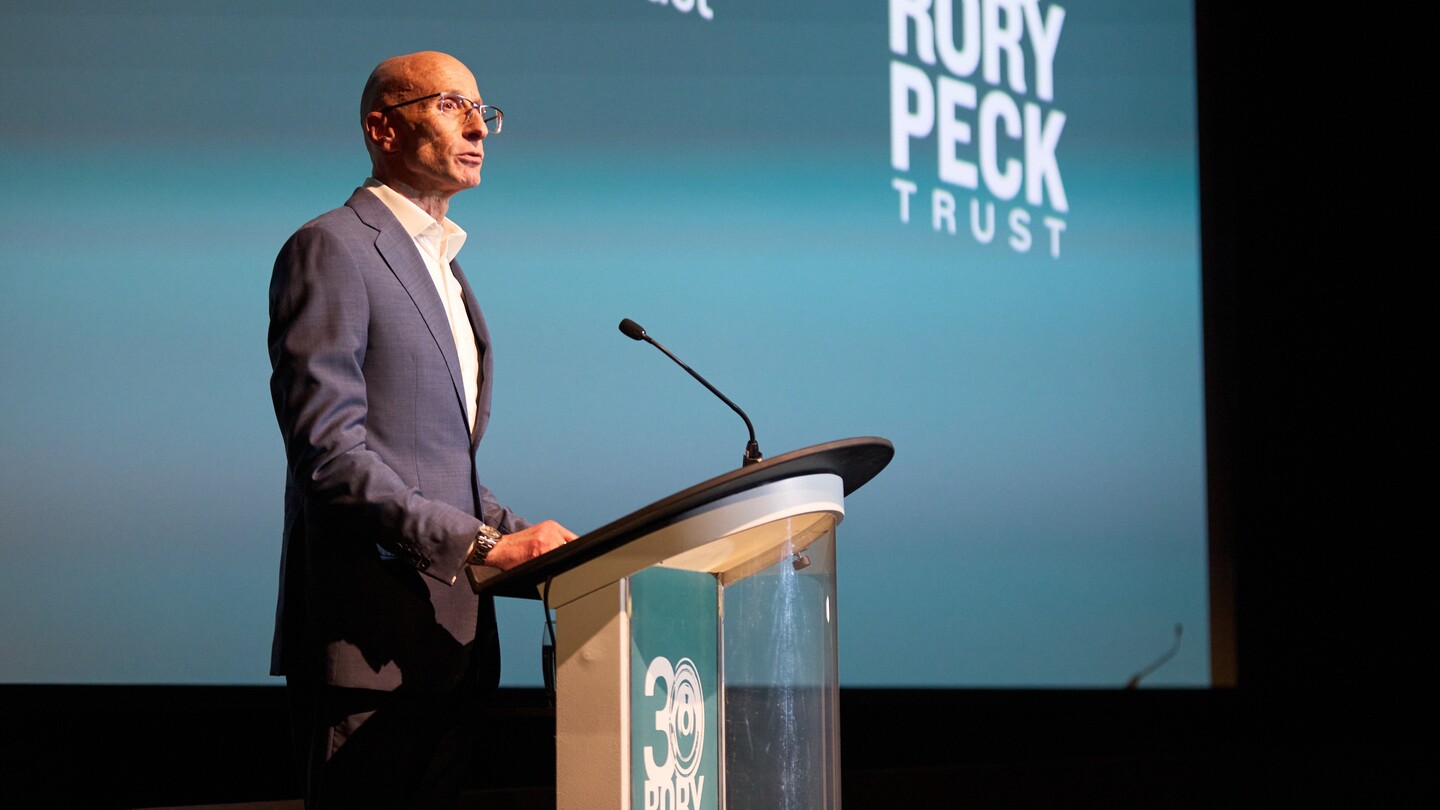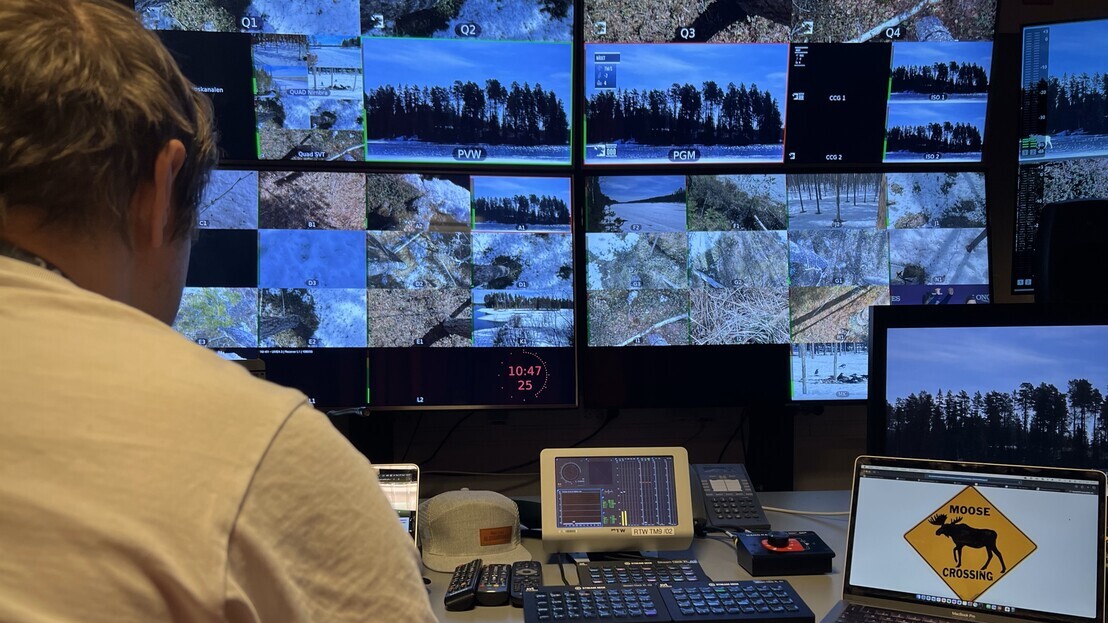Channel 4 recognised as most successful commissioner with multiple finalists in three out of four categories, including two from Katie Arnold in the same category. For the first time, winning entries across all four categories focus on one story, Gaza.
Since the Rory Peck Trust was formed in 1995 it has helped over 3,300 journalists, but 2024 saw its crisis fund all used up by August. Recently appointed Executive Director of the Trust Jon Williams (former Managing Director of RTÉ News and Current Affairs) arose to tell the audience that the 30th year was like none before. “This is the toughest role I have ever had,” he confessed. “There has never been a year like this; more countries are involved in more conflicts today than at any time since the end of WWII.
“A record number of journalists and media workers have been killed in the last 12 months, 137 of them in Gaza alone according to the Committee to Protect Journalists. Some 72 journalists have been killed since January, and it does not stop there........
You are not signed in.
Only registered users can view this article.

Future predictions – Part I: Broadcasters and suppliers
As we wrap up 2024, it’s time to consider what lies ahead for the media industry in 2025. John Maxwell Hobbs probed industry executives to share their crystal ball predictions on themes spanning the impact of AI, the transition from hardware to software-based solutions, data security and ways of reaching new audiences.

Finding our ethical true north on AI: Part I
AI’s increasingly omnipotent influence in media and entertainment has echoed caution in ethical practice and application. How can media companies responsibly deploy a technical asset of seemingly unlimited potential, without compromising on safeguarding systems, rights, and people? James McKeown provides the first of a two-part report on regulation, standards and the role of gatekeepers.
 (1).jpg)
Broadcasting in 2024: Spotlight falls on production and platforms
Over the past decade, media companies had a strong focus on the way programmes were viewed – we’ve seen HD, 3D, 4k, 8k, HDR, VR, and AR presented as the next big thing. In 2024, things shifted. John-Maxwell Hobbs digs into production and delivery practices, cloud, AI and sustainability trends of the past 12 months.
.jpg)
Highlight of the year: Olympic Gold for 5G as adoption gathers pace
The Paris 2024 Olympics marked a significant milestone in the effectiveness of 5G technologies for live broadcast, with Neutral Wireless and the BBC leading the charge.

Content Everywhere: a look back at 2024
As the year draws to a close, it seems an opportune time to ask Content Everywhere companies for their views on the top trends in 2024. As always, key industry players have been keen to respond with comments and views on how the past year shaped up both for them and the wider industry.




